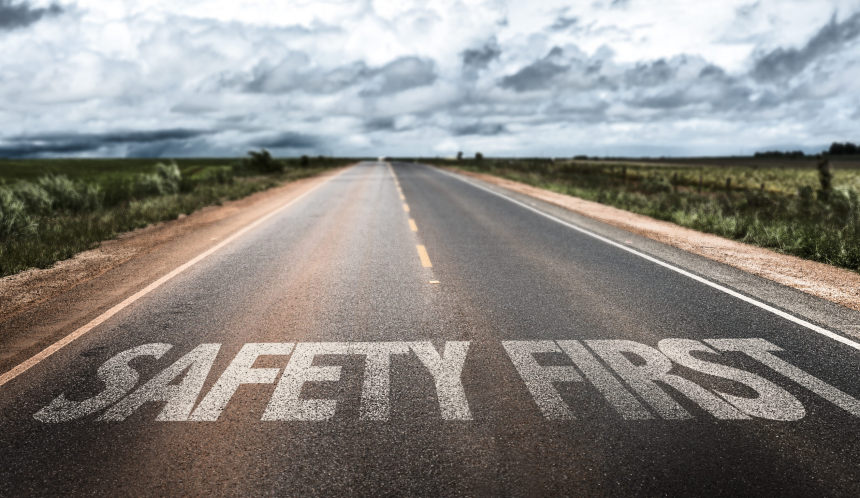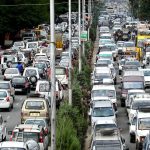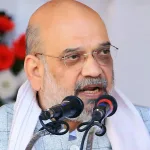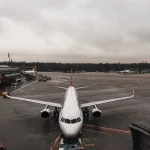In the tapestry of our nation’s progress, highways are the arteries that pump life into commerce, connectivity, and convenience. They stretch across our landscape like veins of hope, connecting cities, towns, and remote corners with the promise of opportunity. But today, a silent menace lurks on these highways, rough driving. It slithers through the lanes like a black cobra, striking without warning, leaving behind a trail of blood, pain, and shattered lives.
The highways, once symbols of speed and freedom, are increasingly becoming sites of tragedy. Over-speeding, reckless overtaking, disregard for lane discipline, distracted driving, and intolerance behind the wheel have turned many of our roads into unpredictable danger zones.
Each day, countless commuters step onto these roads with a destination in mind, only to find themselves face-to-face with fate, not due to poor infrastructure or a lack of rules, but because of irresponsibility behind the wheel. Let it be clear: this is not merely a transportation issue; it is a behavioral crisis. The vehicle is only as safe as the hands that steer it. The road is only as secure as the mind that navigates it.
Despite well-marked lanes, safety signage, and increasing awareness campaigns, rough driving continues to be the invisible predator. It does not differentiate between rich or poor, urban or rural. One mistake, one moment of anger, or one careless manoeuvre, and lives are lost, families destroyed, futures altered forever.
A Shared Burden and a Silent Lesson
We often see flashing headlines, blurred photos of mangled vehicles, and grieving families. Yet the root cause is often avoidable; negligence and ego on the road. People forget that driving is not just a right, but a profound responsibility. It is not the government or the system that alone holds the solution. It is us, the citizens, the drivers, the pedestrians, and the passengers, who must take charge.
A Collective Responsibility
Parents must instill road discipline in young drivers. Owning a vehicle isn’t maturity, knowing how to respect life is. Educational institutions should integrate road safety programs, not as optional events, but as life-saving lessons. Transport associations must regulate and retrain commercial drivers, often the most fatigued and least supported. Community leaders and influencers must use their platforms to promote civility patience on roads.
Let’s begin seeing the road not as a battleground or a race track, but as a shared space where patience, alertness, and empathy are essential. Let’s value every life that travels our highways, be it a commuter, a truck driver, a motorcyclist, or a pedestrian.
A humble appeal to every soul behind the wheel
We sincerely urge all commuters: drive not just with skill, but with heart. Let compassion ride with you, let discipline guide your hand, and let responsibility be your constant passenger. Don’t let anger, distractions, or ego cloud your judgment. Let not the highways become hunting grounds of the black cobra. Let them remain rivers of progress, flowing safely and freely, carrying dreams not despair.
Let us remember that road safety is not just a law or a rule, it is a culture. A culture of care, patience, and shared humanity. Every life matters, and every life lost is a lesson written in silence. Before we press the accelerator, may we pause to remember that someone’s world may depend on how gently we drive through ours.
Many accidents could be prevented if only the traffic rules were sincerely followed. Speed limit violations, reckless driving, and non-use of helmets or seat belts are all preventable causes of accidents. The traffic police must clamp down on these violations with stringent penalties. To make a lasting impact, there is a strong need to focus on education and awareness.
It is a fact that accidents happen, although government or any agency for that matter may try to minimize the chances, they are inevitable. But what governments can do is to ensure that lives of people are saved even if accidents do happen. Road safety isn’t just a policy; it’s a responsibility we owe to each other.
(Author is a columnist from kulgam. Feedback: [email protected])








